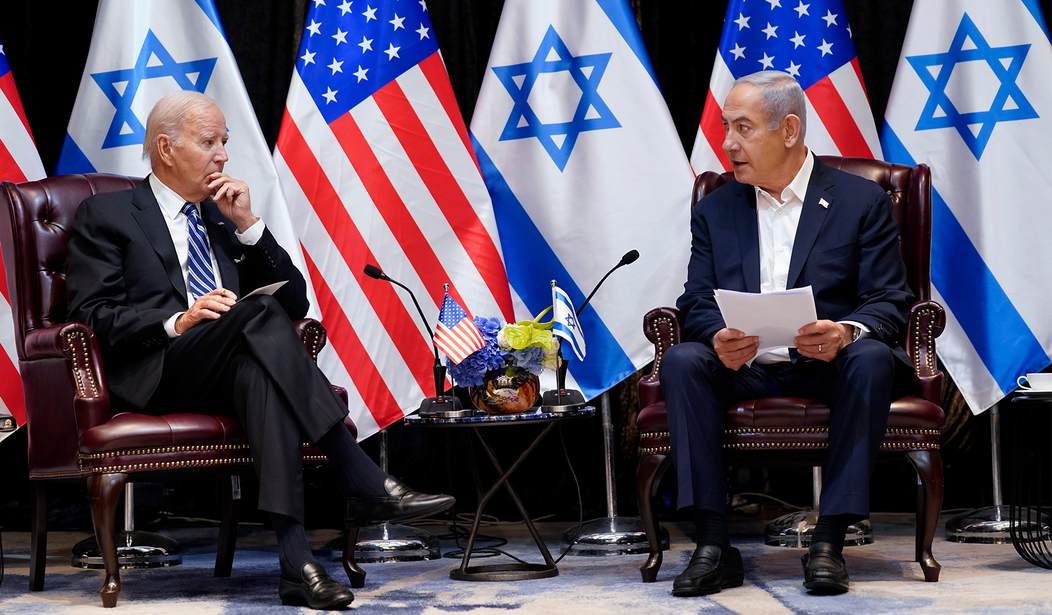U.S. President Joe Biden and Israeli Prime Minister Benjamin Netanyahu held a 30-minute phone call on Wednesday to discuss how Israel would respond to Iran's October 1 missile attack on Israeli cities.
Iran has threatened to escalate its response if Israel retaliates. They are warning U.S. allies in the region—Jordan, the United Arab Emirates, Saudi Arabia, and Qatar—not to allow Israel or the U.S. to use their territories for Israel's expected response. All of those states have informed the Biden administration that they will not allow their military infrastructure or airspace to be used in an attack on Iran.
The oil-rich Gulf states are nervous about any Iranian attack on their energy infrastructure, it being particularly vulnerable to disruption. There are also thousands of U.S. troops in the region.
“My worry in this situation is the risk of miscalculation, or if something goes wrong,” said Yossi Mekelberg, a Middle East analyst at London-based think tank Chatham House. “It may push the other side to do things for which they don’t have a prepared and calculated plan.”
Biden is worried about this strategic ambiguity, given that his call with Netanyahu almost certainly included admonishing the prime minister not to attack Iranian nuclear facilities. Netanyahu has tuned Biden out for the most part over the last six months as the American president's finger-wagging at Israel for their attacks in Gaza has become tiresome.
Tension between the U.S. and Israel has been brewing for months over mounting concerns about the number of civilian deaths in the Gaza Strip, and reports suggested last month the U.S. was kept in the dark over Israel’s alleged pager operation against Hezbollah in late September in which some three dozen terrorists were killed and 3,000 others were injured.
Additionally, Washington fervently warned Israel against any ground incursion into Lebanon, though Jerusalem ignored the international calls to ease fighting and argued its operations against Hezbollah were required to ensure the safe return of 60,000 citizens forced to evacuate from their homes near the border.
Despite U.S. objections over the ground incursion in Lebanon, the U.S. reinforced its troops in the region to better defend Israel ahead of the Iranian attack.
Ultimately, it boils down to how big a response Iran will make to Israel's coming attack. Israel has pushed Iran against the wall by destroying Hamas and severely weakening Hezbollah. The Israelis took out Hamas leader Ismail Haniyeh in a quiet suburb of Tehran right under the noses of the Revolutionary Guards and killed Hezbollah leader Hassan Nasrallah in a bunker 60 feet under the streets of Beirut. Exploding pagers and walkie-talkies, many of them going off inside Iran, exposed the Iranians' weakness.
All Iran did in response was to lob 180 missiles into Israel, most of which were intercepted by Israel's superior technology.
The mullahs are frightened and disorganized. If Israel reaches too far in their response, a desperate Iran may believe the survival of the regime is at stake, in which case, their response to an Israeli attack may be open-ended.
Biden and Netanyahu probably discussed the dangers of Israel going too far in its response. Whether Netanyahu was listening is another matter.









Join the conversation as a VIP Member